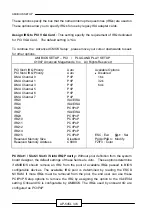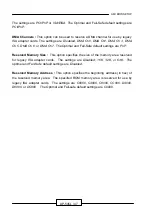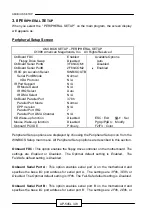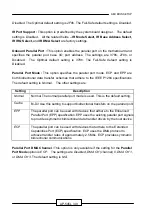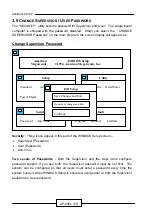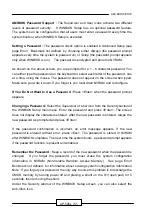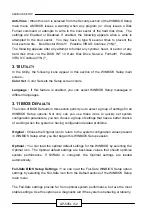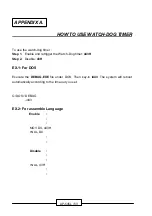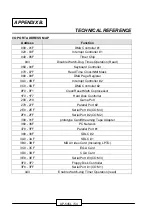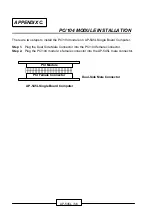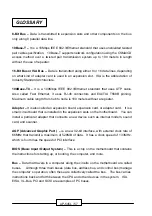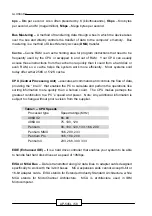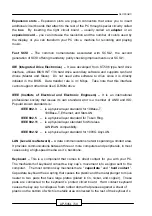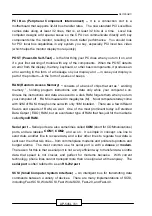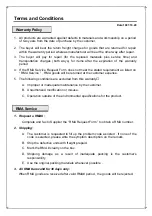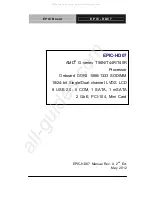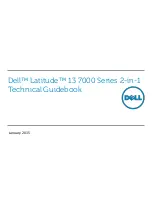
GLOSSARY
AP-545L / 59
Expansion slots –
Expansion slots are plug-in connectors that allow you to insert
additional circuit boards that attach to the rest of the PC through special circuitry called
the
bus
. By inserting the right circuit board -- usually called an
adapter
or an
expansion card
– you can increase the resolution and the number of colors used by
the display, or you can transform your PC into a machine for recording and playing
music.
Fast SCSI –
The common nomenclature associated with SCSI-2, the second
generation of SCSI offering mandatory parity checking improvements over SCSI-1.
IDE (Integrated Drive Electronics) –
It was developed from ST-506 type hard drive
interface, utilizes BIOS INT 13h hard drive secondary software and supports two hard
drives (Master and Slave). Do not need extra software to drive since it is directly
initiated in the BIOS. Data transfer rate is 4.1 Mbps. Take note that this interface
cannot support other drive like CD-ROM drive.
IEEE (Institute of Electrical and Electronic Engineers) –
It is an international
professional society that issues its own standard, and is a member of ANSI and ISO.
Popular known standards is:
IEEE802.3
– is a physical layer standard for 10Base-T,
100Base-T, Ethernet, and StarLAN.
IEEE802.5
– is a physical layer standard for Token Ring.
IEEE802.11
– is a physical layer standard for Wireless
LAN/WAN compatibility.
IEEE802.12
– is a physical layer standard for 100VG AnyLAN.
LAN (Local Area Network) –
A data communications network spanning a limited area.
It provides communications between three or more computers and peripherals, in most
cases using a high-speed media as it’s backbone.
Keyboard –
This is a component that comes in direct contact for you with your PC.
The mechanism of keyboard converts a key cap’s movement into a signal sent to the
computer. The most common key mechanism are “
capacitate
” and “
hard contact
”.
Capacitate keyboard has a spring that causes the plastic and the metal plunger to move
nearer to two pads that have large plates (plated in tin, nickel, and copper). These
pads are connected to the keyboard’s printed circuit board. Hard contact keyboard
causes the key cap to collapse a foam rubber dome that presses against a sheet of
plastic on the bottom of which is metallic area connected to the rest of the keyboard’s


